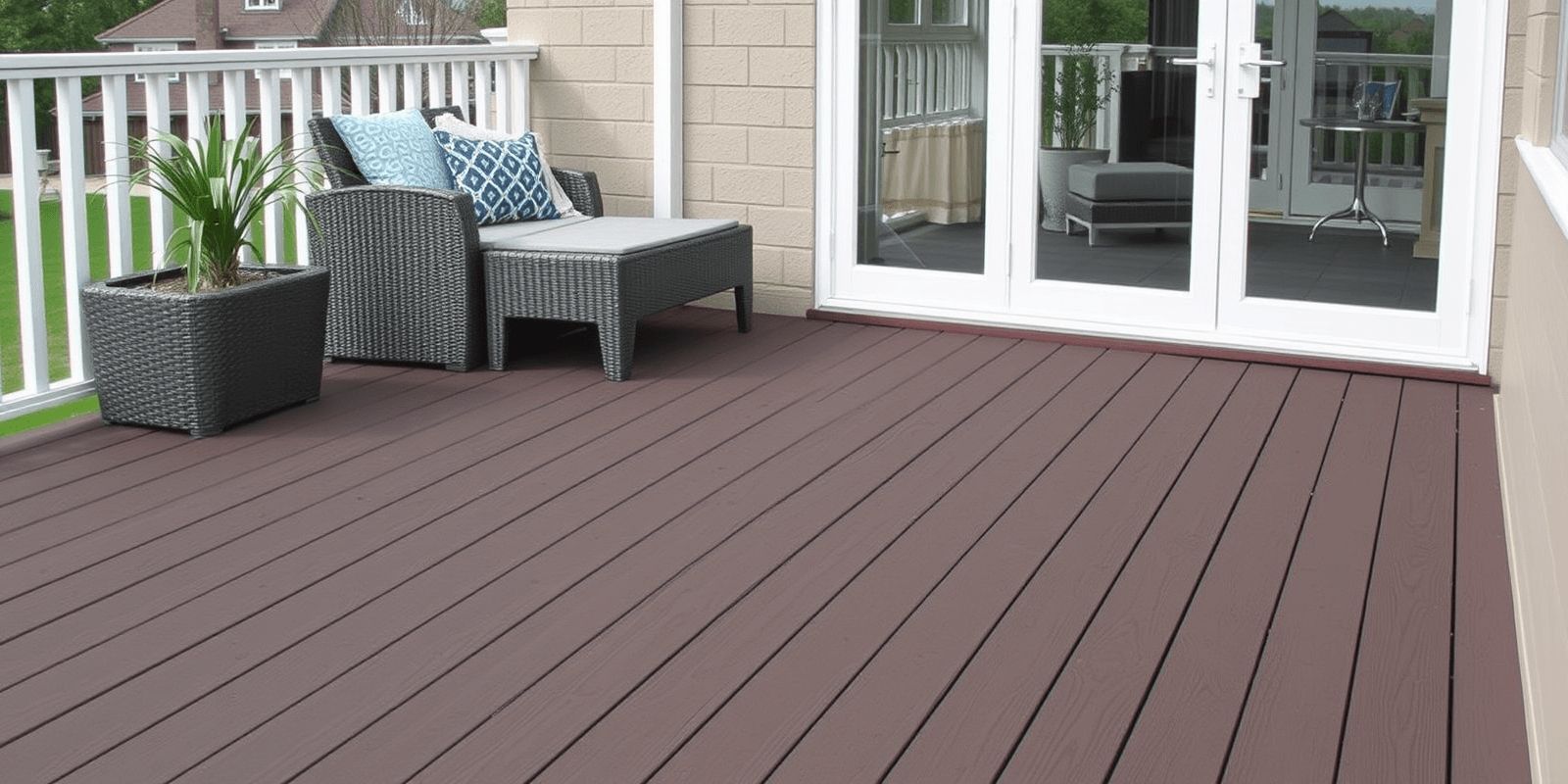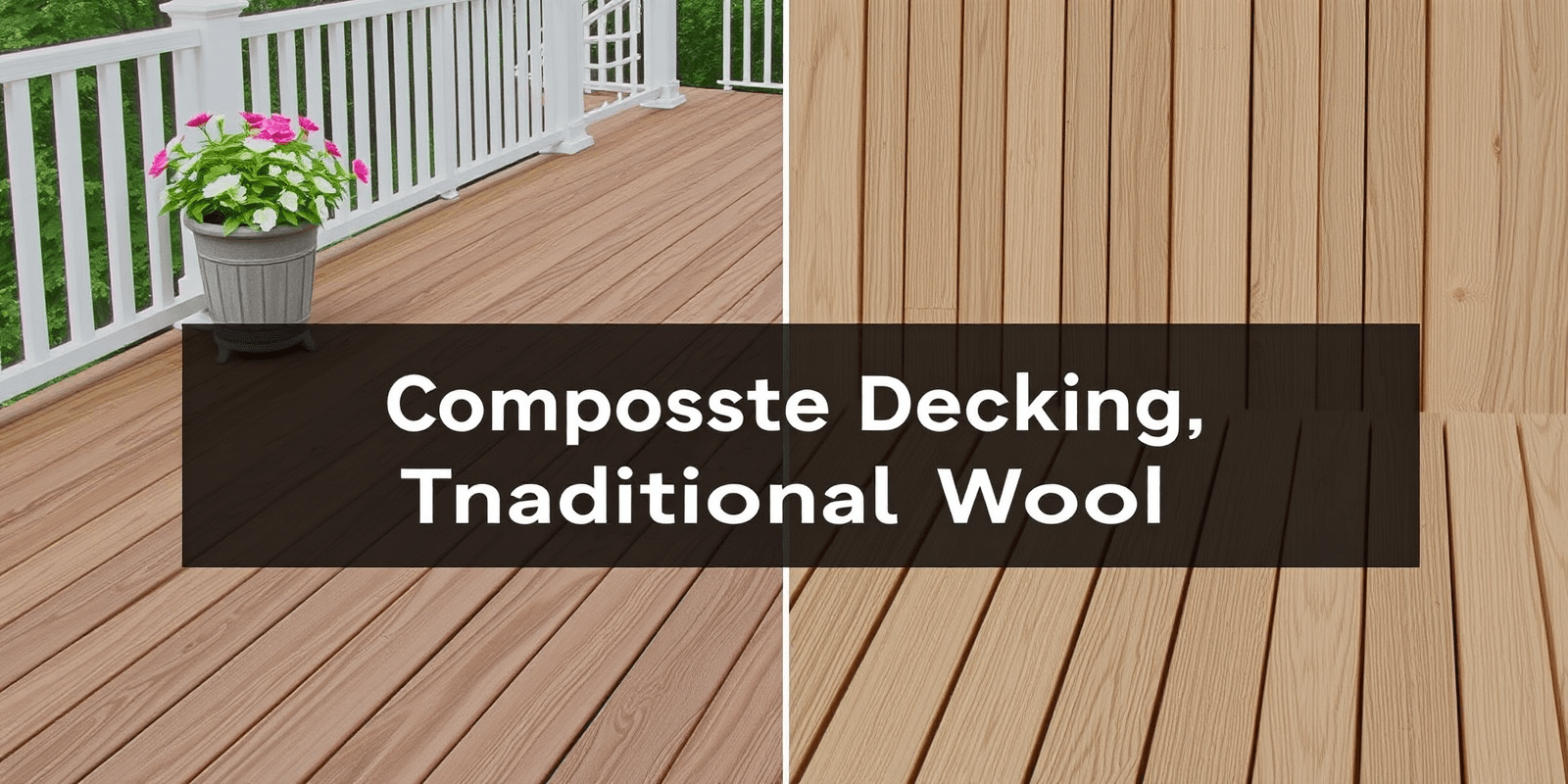“`html
The Impact of Wood Cleaners on Composite Decking: What You Need to Know
Composite decking has become a popular choice for many homeowners due to its durability, low maintenance, and aesthetic appeal. However, maintaining the beauty and longevity of your composite deck requires careful consideration when choosing cleaning products. In this article, we will discuss common wood cleaning products and their ingredients, analyze how these ingredients can affect composite decking, and provide practical tips and alternatives to avoid damaging your deck.
Common Wood Cleaning Products and Their Ingredients
Wood cleaners come in various forms, including sprays, wipes, and solutions. The ingredients commonly found in these products include surfactants, bleaches, acids, and solvents. For instance, sodium hypochlorite (bleach) is often used to remove stains and kill mold and mildew. While effective, bleach can be harsh and potentially harmful to composite materials.
How These Ingredients Can Affect Composite Decking
Composite decking is made from a combination of wood fibers and plastic, which makes it more resistant to moisture, rot, and insect damage compared to traditional wood decks. However, some cleaning products can still cause harm:
- Bleaches and Acids: Sodium hypochlorite and other acidic compounds can degrade the plastic component of composite decking, leading to discoloration, fading, or even structural damage over time.
- Surfactants: Some surfactants can strip away the protective coating on composite materials, making them more susceptible to staining and weathering.
- Solvents: Strong solvents can soften the plastic matrix, causing warping or deformation of the deck boards.
Practical Tips and Alternatives to Avoid Damaging Your Deck
To keep your composite deck looking its best without risking damage, consider the following tips and alternatives:
- Use Mild Soap and Water: A solution of mild dish soap and water is usually sufficient for routine cleaning. This gentle approach helps preserve the integrity of the composite material.
- Choose Specialized Composite Deck Cleaners: Look for products specifically formulated for composite materials. These are designed to clean effectively while being gentle on the surface.
- Avoid Harsh Chemicals: Steer clear of bleach, strong acids, and solvents that can harm composite decking. Instead, opt for natural cleaning agents like vinegar or baking soda if you need extra cleaning power.
- Regular Maintenance: Regularly sweeping and rinsing your deck with water can prevent the buildup of dirt and debris that can lead to staining and mold growth.
Conclusion
Maintaining a composite deck requires thoughtful consideration of the cleaning products you use. While wood cleaners may seem like an easy solution, they can pose risks to your composite decking’s longevity. By using mild soaps, specialized cleaners, and avoiding harsh chemicals, you can keep your deck looking beautiful for years to come.
References
For further reading on the topic, check out the following resources:
“`
This HTML document provides a comprehensive guide on the impact of wood cleaners on composite decking, discussing common cleaning products, their effects, and offering practical advice to maintain your deck effectively.



